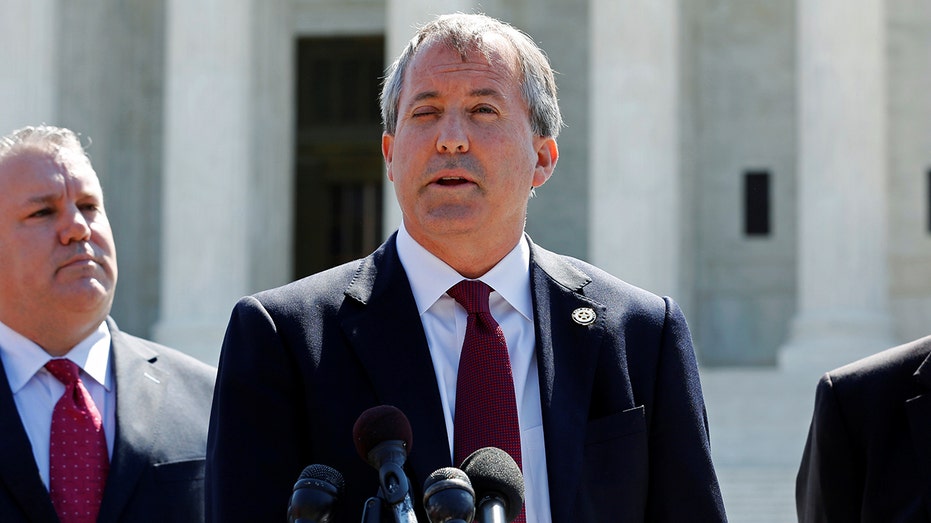A significant legal battle is unfolding in Texas, with Attorney General Ken Paxton securing a crucial victory. A federal judge has permitted Paxton to directly participate in a lawsuit concerning the 2019 Harris County bail reform agreement, a decision poised to reshape the region’s criminal justice landscape.
Paxton framed the issue as a fundamental question of justice and public safety. He argues that activist judges and organizations prioritizing alternatives to incarceration have jeopardized the security of Texans by weakening bail standards and prematurely releasing individuals accused of crimes.
The core of the dispute lies in the O’Donnell Consent Decree, born from a 2016 lawsuit challenging Harris County’s previous bail system. Plaintiffs argued the system unfairly penalized those unable to afford cash bail, effectively detaining them not due to guilt, but due to poverty.
In 2019, the court approved the decree, dramatically altering the landscape of misdemeanor bail. It largely eliminated cash bail for minor offenses, replacing it with unsecured bonds and establishing an independent monitor to ensure compliance with the new rules.
This recent ruling empowers Paxton to challenge the decree’s validity, asserting it clashes with established Texas law and poses a demonstrable threat to public safety. His office contends the agreement facilitated the release of potentially dangerous individuals into Harris County communities.
Paxton’s legal team alleges a concerted effort by liberal activists to broaden the decree’s influence, despite existing state laws designed to maintain stricter bail regulations. The Attorney General’s ultimate goal is to dismantle the decree entirely.
The intervention signals Paxton’s intent to advocate for the rights of Harris County residents and to restore what he believes is a more effective and just bail system. The case promises a fierce legal showdown with far-reaching implications for criminal justice reform in Texas.






